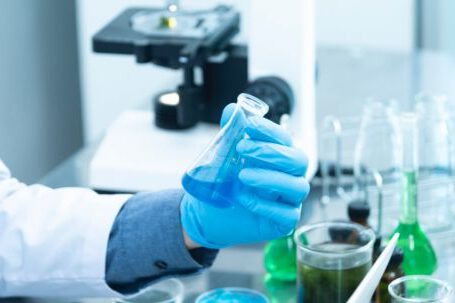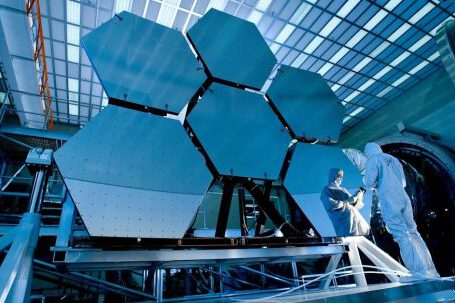As the world grapples with the urgent need to reduce carbon emissions and combat climate change, innovative solutions are being explored in various sectors. One such solution gaining attention is the use of algae to reduce carbon emissions. Algae, a diverse group of photosynthetic organisms, have the potential to play a significant role in mitigating greenhouse gas emissions and transitioning towards a more sustainable future. In this article, we will explore the potential of algae and its applications in reducing carbon emissions.
Understanding Algae’s Carbon-Capturing Abilities
Algae have the extraordinary ability to capture and store carbon dioxide (CO2) through photosynthesis. As they grow, algae consume CO2 and release oxygen, effectively reducing the amount of greenhouse gases in the atmosphere. This natural process makes algae an appealing candidate for carbon capture technologies.
Algae as a Renewable Energy Source
In addition to their carbon-capturing abilities, algae can also be harnessed as a renewable energy source. Algae can be converted into biofuels such as biodiesel and bioethanol through a process called biofuel production. These biofuels can replace traditional fossil fuels, which are major contributors to carbon emissions. By utilizing algae-based biofuels, we can significantly reduce our carbon footprint and dependence on finite fossil fuel resources.
Algae’s Potential in Waste Treatment
Besides their role in carbon capture and renewable energy production, algae can also be utilized in wastewater treatment plants. Algae can effectively remove nutrients, such as nitrogen and phosphorus, from wastewater, preventing their release into water bodies where they can cause harmful algal blooms. By incorporating algae in wastewater treatment systems, we can simultaneously treat wastewater and reduce the release of pollutants into the environment.
Challenges and Limitations
While algae hold immense potential in reducing carbon emissions, there are several challenges and limitations that need to be addressed. One of the main challenges is scaling up algae production. While algae can grow rapidly, achieving large-scale production requires significant infrastructure and investment. Additionally, optimizing algae growth conditions and developing efficient harvesting methods are ongoing areas of research.
Economic Viability and Commercialization
Another critical aspect to consider is the economic viability of algae-based solutions. To make algae-based technologies commercially viable, they need to compete with existing energy sources and wastewater treatment methods. Continued research and development are crucial for reducing production costs and improving efficiency to make algae-based solutions more economically feasible.
Policy and Public Perception
The adoption of algae-based solutions also depends on supportive policies and public perception. Governments and regulatory bodies need to provide incentives and support for algae-based technologies, such as tax credits and research funding. Raising public awareness about the benefits of algae and dispelling misconceptions is vital for gaining public acceptance and support.
Future Outlook
Despite the challenges, the potential of algae to reduce carbon emissions is promising. Continued research and development in algae cultivation, biofuel production, and wastewater treatment will unlock further opportunities for utilizing algae in a sustainable manner. Collaboration between scientists, policymakers, and industry leaders is essential to drive the adoption of algae-based solutions and accelerate the transition towards a low-carbon future.
In conclusion, algae offer a unique and versatile solution to reduce carbon emissions. From carbon capture to renewable energy production and wastewater treatment, algae’s potential is vast. However, overcoming challenges related to scalability, economic viability, and public perception is crucial for realizing the full potential of algae-based solutions. With concerted efforts and investment, algae could become a significant player in the fight against climate change and the quest for a more sustainable planet.





